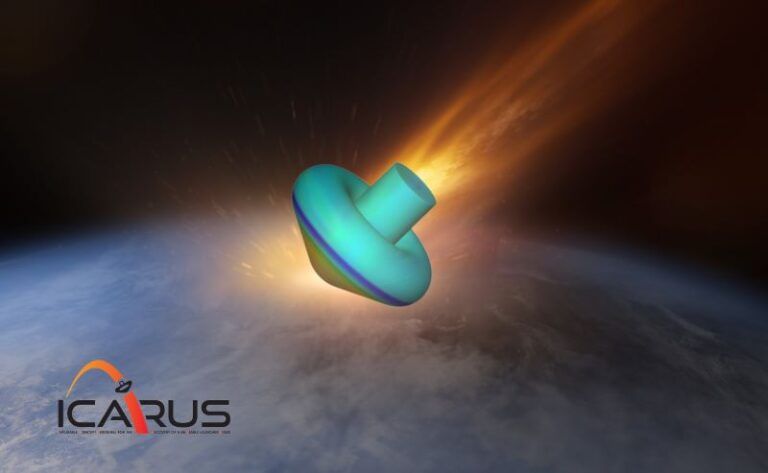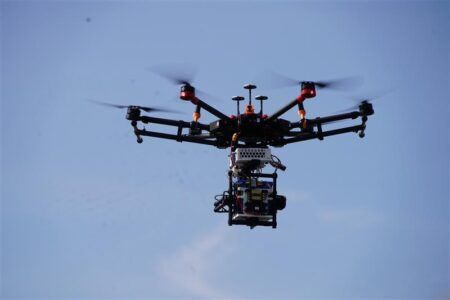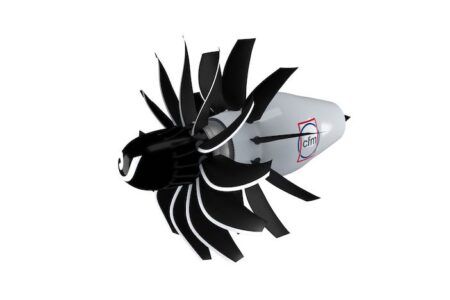A €15 million (US$16 million) project to develop and test the prototype for an inflatable heat shield to protect rockets when they re-enter the atmosphere starts this month.
The four-year, EU-funded ICARUS project (Inflatable Concept Aeroshell for the Recovery of a re-Usable launcher Stage) is being led by Spanish company Deimos, which will manage the program and act as the systems integrator. Partners on the program include Germany, France and Italy’s aerospace research organisations as well as Germany-based Atmos Space Cargo, which will make the inflatable structure.
The ICARUS inflatable heat shield (IHS) would recover rocket stages as they descend back to Earth and be used in space missions to Mars. The system could also protect cargo during re-entry.
ICARUS engineers plan to flight test a sounding rocket with a scale demonstrator of the IHS in hypersonic conditions in 2028.
When inside the rocket, the IHS demonstrator will have an approximate diameter of 50cm (20in) and when inflated the shield will measure about 3m (10ft) in diameter. Depending on the application, a commercial full scale version could have a diameter of 10m (32ft) when inflated.
The data and information collected during the test will be used to evaluate the performance of the technologies and validate simulation models.
Simone Centuori, CEO of Deimos said, “This is one of the most innovative projects of the decade encompassing a group of first-rate research organisations and companies.
“ICARUS is a key technological enabler for Europe, which will revolutionize European re-entry technologies, supporting applications like recovering rocket stages and hypersonic entry on Mars.
“ICARUS also signifies a great future contribution to space sustainability. With its potential to return launch vehicles and satellites elements safely to Earth, it can become a game changer to the launcher industry.
Sebastian Klaus, CEO of Atmos Space Cargo said, “Inflatable atmospheric decelerators are at the cutting edge of re-entry technology, and Atmos Space Cargo has been trusted by Deimos and its consortium partners to design and manufacture the inflatable structure.
The IHS, which is also known as an inflatable atmospheric decelerator, is stored as a capsule inside the launch vehicles folded up and deployed on re-entry. The IHS’ low re-entry ballistic coefficient would reduce mechanical and aerothermal loads during re-entry. By integrating ad-hoc guidance, navigation and control systems, rocket stages and cargo can also be landed with more precision.
ICARUS follows on from two R&D programs called EFESTO (European Flexible hEat Shields advanced TPS design and tests for future in-Orbit demonstration), the second of which ends in October.





